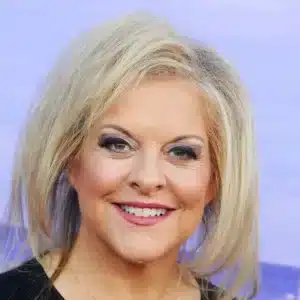New York City’s political landscape is entering an intense period of scrutiny and debate following the election of Mayor Zohran Mamdani. Newly surfaced documents — shared by Just the News and attributed to members of the Democratic Socialists of America (DSA) — have raised questions about the kinds of policies various advocacy groups hope the new administration will consider.
Mamdani, 34, is the city’s first Muslim mayor and one of the most prominent democratic socialists to win a major U.S. municipal office. After defeating former Gov. Andrew Cuomo and Republican candidate Curtis Sliwa, he framed his victory as a “mandate for broad change” focused on affordability, community investment, and social equity.
The documents referenced in the report appear to originate from DSA’s Anti-War Working Group. They outline a set of policy priorities the group hopes to see adopted or discussed during Mamdani’s tenure. While the language used internally by advocacy groups can be aspirational and often more ideological than practical, the list reflects the ambitions of certain activist circles rather than confirmed policy commitments from City Hall.
The materials describe New York City as a potential “testing ground” for various initiatives related to foreign-policy stances, public-sector guidelines, and international solidarity movements. Among the items mentioned are proposals that critics interpret as heavily critical of Israeli government actions and supportive of broader anti-war positions. Supporters say such proposals reflect long-standing DSA platforms; opponents argue they could create tension in a city with deeply diverse communities and perspectives.
At this stage, the documents represent advocacy goals — not adopted policy. Mayor Mamdani has not publicly committed to the measures listed, and City Hall has not indicated any intention to enact them. As is common with new administrations, a variety of political, activist, and community groups will attempt to shape priorities, and not all proposals will move forward.
The emergence of these documents has nevertheless sparked discussion across New York’s political spectrum. Community leaders, elected officials, and analysts are calling for clarity about which ideas reflect official policy direction and which remain the internal aspirations of outside organizations.
As the new administration takes shape, the city — home to Jewish, Muslim, Arab, immigrant, and multifaith communities — is watching closely, hoping that difficult conversations can be navigated with transparency, respect, and a commitment to keeping New York’s diverse residents safe, heard, and represented.





